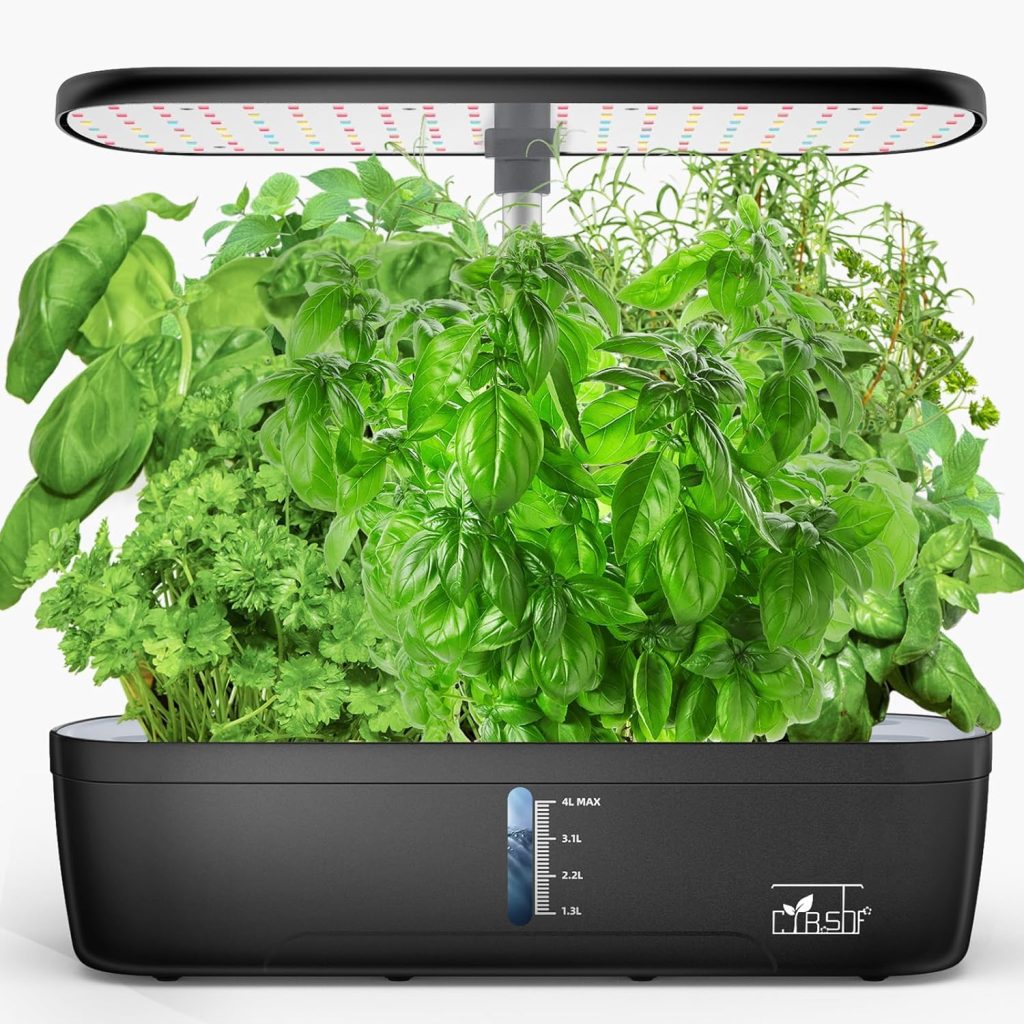Medicinal and Culinary Herb Gardening
Medicinal and culinary herb gardening offers a delightful fusion of health and flavor, rooted in centuries of tradition and scientific affirmation.
Across civilizations, herbs like peppermint and chamomile have been esteemed for their medicinal properties, with documented uses dating back thousands of years. Contemporary research increasingly supports these ancient practices, uncovering the therapeutic potential of herbs in alleviating various ailments. Similarly, culinary herbs such as rosemary and cilantro not only enhance the taste of dishes but also contribute valuable nutrients and antioxidants to our diets.
With a wealth of historical knowledge and modern insights, medicinal and culinary herb gardening becomes a journey of discovery, where each plant serves as a testament to the profound synergy between nature and human well-being.
Medicinal Herb Gardening
In the realm of herbal medicine, the garden becomes a veritable apothecary. Here, you can nurture plants that have been revered for their healing properties since ancient times.
- Choosing the Right Herbs: When planning a medicinal herb garden, consider your specific health needs and interests. Popular choices include lavender for relaxation, peppermint for digestive issues, and echinacea for immune support.
- Cultivation and Care: Most medicinal herbs thrive in well-drained soil and full sunlight. Regular watering and occasional pruning are essential to ensure vigorous growth and potent medicinal properties.
- Harvesting and Preservation: Timing is crucial when harvesting medicinal herbs. Gather them in the morning after the dew has evaporated but before the sun becomes too intense. To preserve their medicinal potency, consider drying, freezing, or tincturing your herbs for future use.
- Herbal Remedies: From teas and tinctures to salves and syrups, there are countless ways to incorporate medicinal herbs into your wellness routine. Experiment with different preparations to discover what works best for you.
Culinary Herb Gardening
In the kitchen, herbs elevate ordinary dishes to extraordinary culinary experiences. Freshly picked herbs infuse meals with vibrant flavors and aromas, transforming even the simplest fare into gourmet delights.
- Essential Culinary Herbs: Basil, parsley, cilantro, and thyme are just a few staples of the culinary herb garden. Each herb offers its own distinctive flavor profile, ranging from sweet and floral to savory and pungent.
- Growing Herbs Indoors: Don’t let limited outdoor space deter you from cultivating a culinary herb garden. Many herbs, such as chives, rosemary, and mint, thrive indoors when provided with ample sunlight and well-drained soil.
- Harvesting and Storage: To enjoy the freshest flavors, harvest culinary herbs before using them in your recipes. Store delicate herbs like basil and cilantro in a glass of water on your kitchen counter. Meanwhile, you may wrap sturdier herbs like rosemary and thyme in damp paper towels and then store them in the refrigerator.
- Creative Culinary Uses: Culinary herbs are incredibly versatile, adding depth and complexity to a wide range of dishes. Experiment with different flavor combinations by incorporating herbs into salads, soups, sauces, marinades, and even desserts.
Conclusion
Medicinal and culinary herb gardening offers a gateway to a world of wellness and gastronomic delight. Whether you’re seeking natural remedies for common ailments or aiming to elevate your culinary creations, cultivating herbs at home provides an enriching and empowering experience.
By nurturing these remarkable plants, you not only cultivate a deeper connection with nature but also unlock the full potential of your garden and kitchen alike. So roll up your sleeves, dig in the dirt, and let the magic of herbs transform your life, one leaf at a time.

